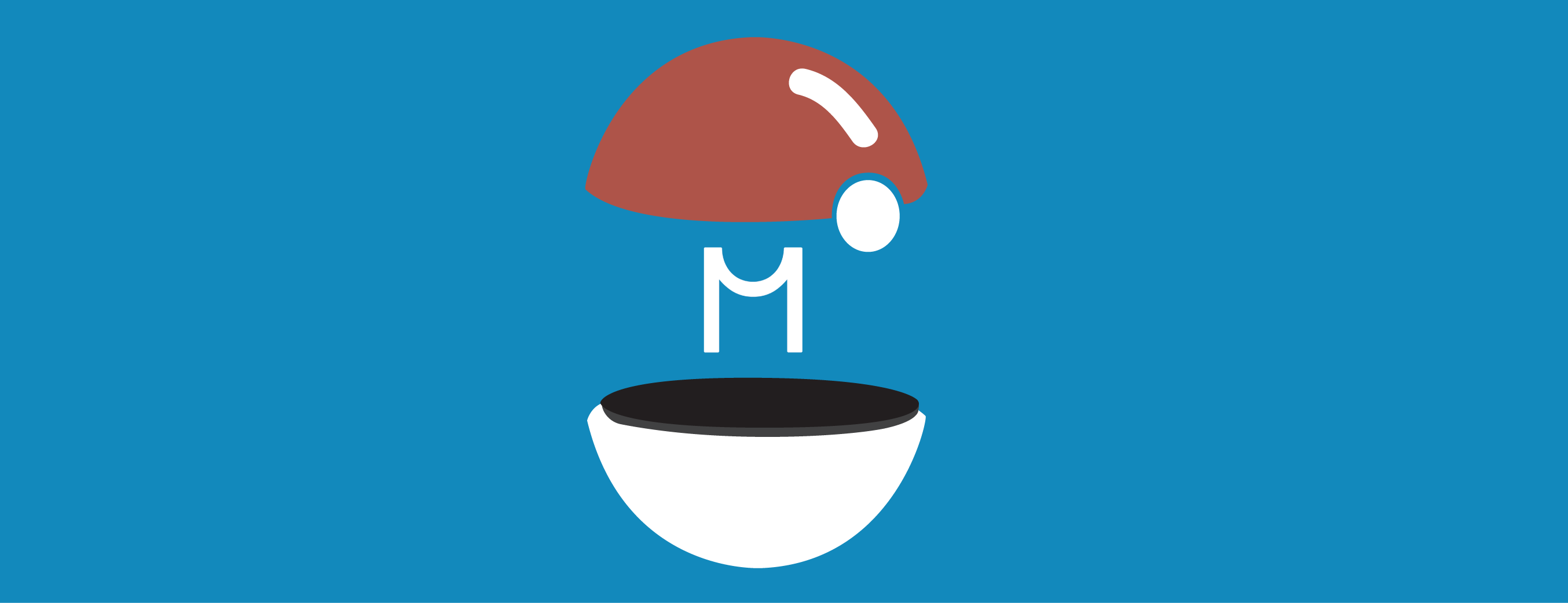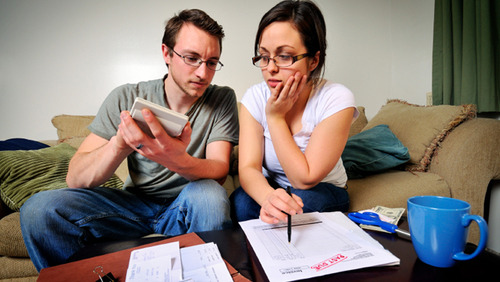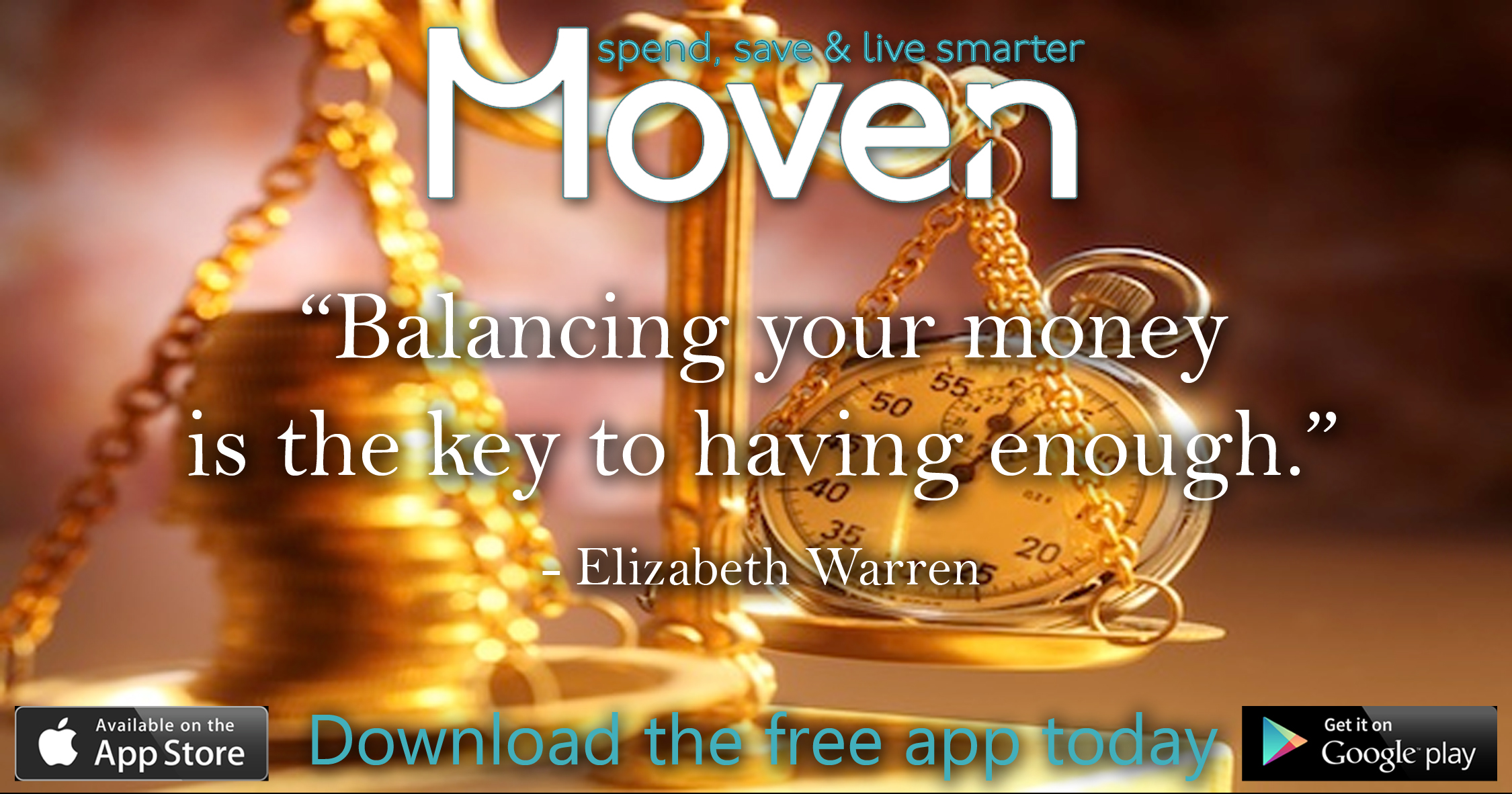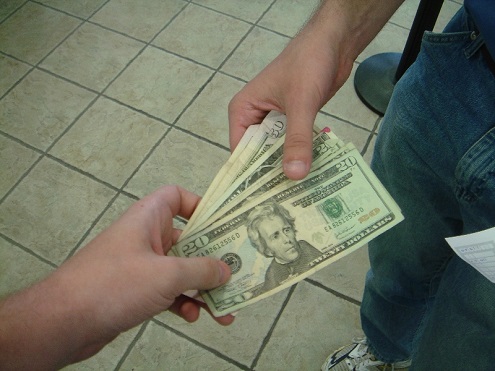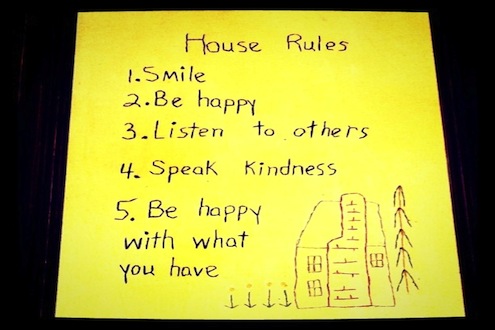Pokémon Go, A/R & The Emergence of Context
Lifestyle
If the #twittersphere is to be believed, the hottest thing on the planet right now is Pokémon Go. For those of you not familiar with PG, it is a new game that merges geo-location, augmented reality and behavioral gamification to engage users in a unique game environment. There are reports of people walking miles to play the game and find more Pokémon. There are reports of people leaving home at 3am in the morning to find Pokémon. There are even people suggesting that this game brought their family together or got them out of their house for the first time in days or weeks. This thing is blowing up!
Pokémon Go utilizes a technology called Augmented Reality. A/R allows them to overlay graphics or data over our ‘real-world view’ through a camera or similar instrument thus ‘augmenting’ your physical environment. In the game you will see a Pokémon identified as a small icon on your game map, when you click on it your camera fires up and you see the Pokémon projected into your field of view, where you have to trap it with a ball by tossing it at the Pokémon on your screen.
The Pokemon phenomenon is showing us a small glimpse of what life will be like over the next 10-15 years as Augmented reality starts to enhance our world. The lines between gaming, entertainment and the real world will change. We will start to see the digital and virtual worlds merge.
What does this mean for fintech?
In this new world, the way you manage your financial health will go through a radical shift. Context will become the single most important element of your day-to-day financial health. No one will budget, but they will have their financial behavior ‘gamified’ every day. The way good banks and financial partners will work is that they will engage you with tools like augmented reality, social engagement and behavioral psychology, to help you understand the choices you make every day. Was that last restaurant you visited good or bad for your financial health? Where should you eat or shop to ensure you save money this month? When are the days you spend the most, and why?
Offering you a higher savings interest rate might sound like a good deal if you live in the 20th century, but it doesn’t actually help you save MORE money. The only way to do that is to change your behavior. Reduce what you spend every day, understand how to change your behavior to save, understand the best times to save, etc. The tools we have through mobile, augmented reality, geo-location and other such technologies that operate in real-time to provide you with context and help you modify your behavior are the future of your financial health.
Pokémon Go isn’t a banking app, but it does give us a glimpse into how very different the world of banking, investment and financial advice will be in 10 year’s time, and why banking is no longer a place you go, but something you do – on your phone.
Welcome to Moven…
Worth your time
- Casino Online Prelievo Immediato
- Best Non Gamstop Casinos
- Non Gamstop Casinos UK
- Gambling Sites Not On Gamstop
- Casino Non Aams Legali
- Meilleur Site Casino Live
- Casino Sites Not On Gamstop
- Casino Sites UK
- Non Gamstop Casinos UK
- UK Non Gamstop Betting Sites
- Non Gamstop Casino
- UK Casino Not On Gamstop Self-exclusion
- Non Gamstop Casinos UK
- Non Gamstop Casino Sites UK
- Casinos Not On Gamstop
- Non Gamstop Casino UK
- Best Betting Sites UK
- Online Slots Sites UK
- Meilleur Casino En Ligne Avis
- Meilleur Casino En Ligne France
- Casino Not On Gamstop
- Casino Sites Not On Gamstop
- Non Gamstop Casino UK
- Casino Non Aams
- Casinos Not On Gamstop
- Siti Casino
- Casino En Ligne
- Casino Non Aams Sicuri
- Nouveau Site De Poker En Ligne
- 신원인증 없는 카지노
- Migliore Casino Non Aams
- 온라인홀덤
- Meilleur Casino En Ligne
- Meilleur Casino En Ligne
- Casino En Ligne France
- Casino En Ligne
- Casino En Ligne Français 2026
- Casino En Ligne Argent Réel France
- Casino Online Non Aams 2026
- Casino En Ligne

